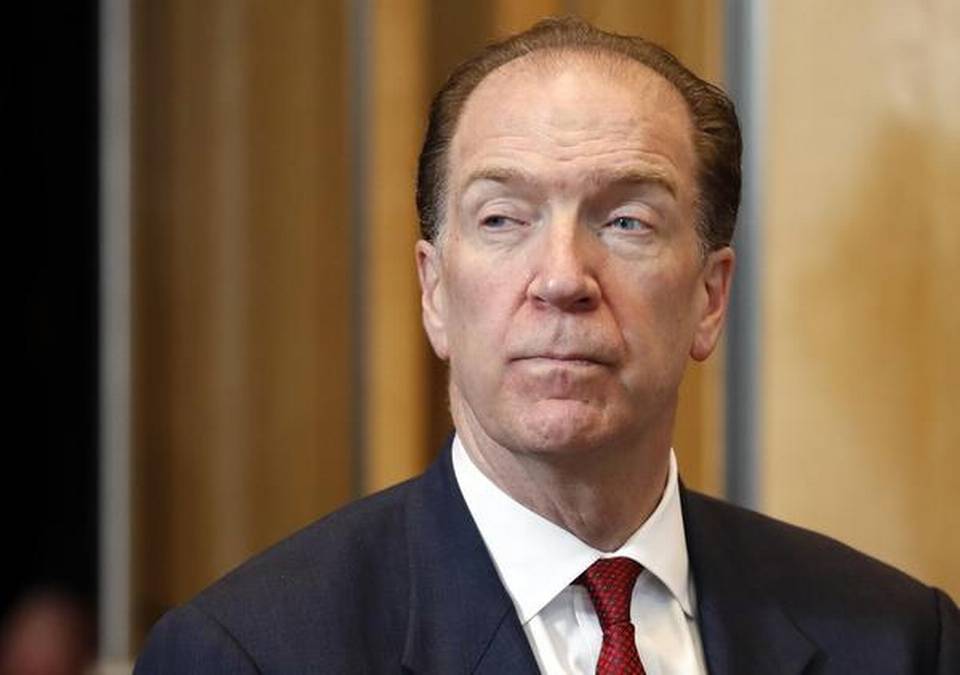Governor of the Central Bank of Nigeria (CBN), Godwin Emefiele, has warned that sooner than later, Nigeria may not have foreign exchange (forex) to support some activities including import of goods that have viable local comparative advantage.
Recall that already, the volume of items in the list of forex barred recently increased to 43.
Speaking weekend at the 2019 Annual Bankers’ dinner in Lagos, the CBN chief urged Nigerians to support the production and consumption of local products to free scare resources needed to fix infrastructure and other teething national problems.
Anchoring his speech on the topic, ‘Strong sustainable growth for the Nigerian Economy’, Emefiele averred that “We must therefore support measures that will drive domestic productivity and diversify our export base.
“We should encourage Nigerians to consume goods that can be produced in Nigeria, knowing full well that a time will come when we may not have the foreign exchange to aid such activities, if we continue to rely on earnings from the export of crude oil.”
According to him, the way and manner the current administration is driving the economy, chances are that Nigeria is heading to a productive Nigerian economy that may not rely more on crude oil exports.
Emefiele further recalled that “At some point in Nigeria’s history, he said, the country had an economy that supported productive activities, which created multiple streams of earnings for the nation.
“In the 60s, Nigeria’s economy was heavily reliant on agriculture, with increased cultivation and exports of primary products such as cocoa, palm oil, cotton and groundnut.
“The agricultural sector in 1961 represented close to 70 per cent of Nigeria’s gross domestic product, and generated close to 70 per cent of our export earnings.
“It was the principal source of employment, as over 85 per cent of Nigerians lived in rural communities. These agricultural products also supported the food needs of our nation and provided raw materials for emerging industries.”
“The revenues generated from the export of these products helped to fund the infrastructure and human capital needs of the various regions.
“We are all aware of how the export earnings from cocoa built the Cocoa House in Ibadan; export earnings from palm plantations supported the development of agricultural settlements in the eastern region and the Trans Amadi Industrial Layout in Port Harcourt.” he said.









